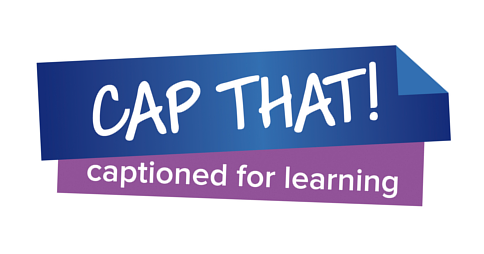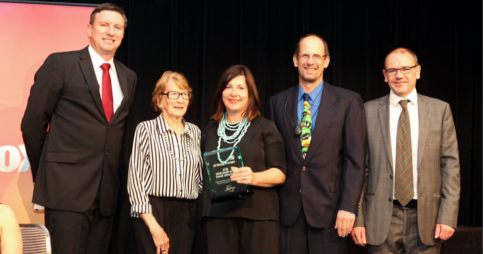Parents
Including captioning for excursions
Parents support captions in the classroom

While the focus of the organisation is on supporting families, it often works with schools and classroom teachers to ensure they are aware of the needs of deaf children in the classroom.
Top of page
Accessible Christmas gift ideas for 2014
Education highlights of 2014
Interview with Kate Kennedy, winner of the Roma Wood OAM Award at the 2014 Captioning Awards
Finding your way around our updated education website content
There are three main categories that provide focused points of reference: accessible media for diverse learners, hearing impairment and deafness and low vision and blindness.
Top of page
Teacher information (hearing)
Teachers work with a diverse range of student needs, learning styles and a curriculum that presumes the use of audiovisual/multimedia content.
It is vital that teachers who have students who are Deaf or have hearing impairment in their classrooms create an equitable educational environment through the use of inclusive teaching practices.
Top of page
Support and hearing information services for parents
There are a significant number of national and state-based organisations and websites that offer support services and information for parents, teachers and students.
National
Australian Hearing
Australian Hearing caters for people of all ages through a national network of hearing centres; including more than 110 permanently staffed centres, with 330 other locations in urban, rural and remote areas of Australia.
Top of page
Importance of a quieter classroom
Students who are Deaf or have hearing impairment have difficulty hearing speech in background noise, over distances, and through AV equipment.
All students need a sufficiently quiet environment to listen and to make any meaning from the content. The following listening skills are important:
Top of page







